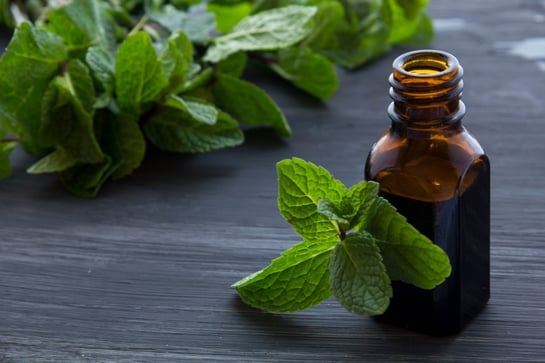Many people these days are concerned about their impact on the environment where they live and work. They are consuming organic food and using natural cleaners, and also seeking out other organic and natural products for their home. Consumers are also seeking out services for their home that are enviornmentally minded. Among these services, one that is getting a lot of attention these days is safer pest control for the home, as well as the workplace. With more people, seeking out this type of service, some progressive pest management companies have responded by offering more environmentally friendly pest control services.
In the pest control industry, there are companies who offer a “truly green” pest control service while some others claim to provide “eco-friendly pest control,” “natural pest control,” “chemical free pest control,” “environmentally conscious pest control” and “organic pest control.” Since none of these terms is well defined, a great degree of variability exists in how different companies interpret the terms and how it translates to the service that you are purchasing.
Sounds confusing? We know. Let us explain the differences below so that you can make a better-informed decision about whether to choose a green pest control service for your home.
Green (or Organic) Pest Control
The terms “Green” or “Organic” implies that the service being purchased is based upon non-chemical measures and the use of naturally occuring pesticides. Based upon this perspective, to deliver a truly “green” pest control service, only those products that come from “earth-based materials such as borates, desiccant dusts such as diatomaceous earth and silica, or botanical insecticides and pesticides classified in category 25b by the EPA (EPA exempt materials) can be used. The EPA does not regulate products in Category 25b, which generally include essential oils from plants. While these EPA exempt products may effectively kill pests on contact, they do have their limitations and may not resolve persistent pest problems since they have little to no residual effect on pests. Products that meet the criterion for EPA Exemption (Category 25b) are listed here.
Depending on your particular pest issue, some popular essential oils used for home pest control include:

Photo: Peppermint oil is an excellent natural insecticide.
Peppermint, Eucalyptus, Spearmint: spiders, ants, roaches, centipedes, aphids, fleas, ticks, beetles, gnats, caterpillars, lice, nits, silverfish, moths, other flying bugs.
Cedarwood: aphids, lice nits, moths, slugs, snails.
Lemongrass: fleas, ticks, no see ums, mosquitoes, biting flies, chiggers.
Lavender: chiggers, fleas, ticks, flies, lice nits, silverfish, mosquitoes, moths.
Sage, Thyme or Oregano: chiggers, beetles, flies.
Tea Tree Oil: centipedes, fleas, no see ums, flies, & other insects
Lemon, Orange (or other citrus): fleas, ants, roaches, lice, nits, biting flies.
Litsea Cubeba: fleas, mosquitoes, gnats
Vanilla extract: centipedes, no see ums, mosquito, biting flies.
Environmentally Conscious Pest Control
When we speak about environmentally conscious pest control, this typically includes non-chemical measures and the judicious use of low toxicity pesticides but is not necessarily limited to chemicals that are naturally occurring or EPA exempt (Category 25b). This methodology includes the use of low toxicity insect baits along and other low toxicity and reduced-risk materials used as needed to treat specific areas, to target the pest.
What should you look for when considering a “green” pest control service?
The first thing you should do is to check the pest management company’s website to ensure that they are positioning the service as green (as opposed to just hearing about it from a sales rep). Secondly, you should definitely ask the pest control company about what their green or organic pest control service means to them and specifically what type of methods and materials are used to control pests. Common treatments such as bifenthrin granules which treat common pests in the lawn such as fleas and ticks and also using Demand .015% on the property are while low in toxicity, are not naturally occurring and are not classified as reduced-risk pesticides, and are definitely not “green.”
The bottom line is before you hire a green pest control company, be sure to thoroughly investigate companies whose advertising offers completely non-toxic, natural, organic, safe, eco-friendly, or chemical-free pest control. Be sure to visit their websites, read consumer reviews, and if possible talk to a neighbor who may have already purchased a green pest control service for their home. These services can be a good alternative to traditional pest control home services, but you may also need to live with lower insect control thresholds where you may see more bugs from time to time.











